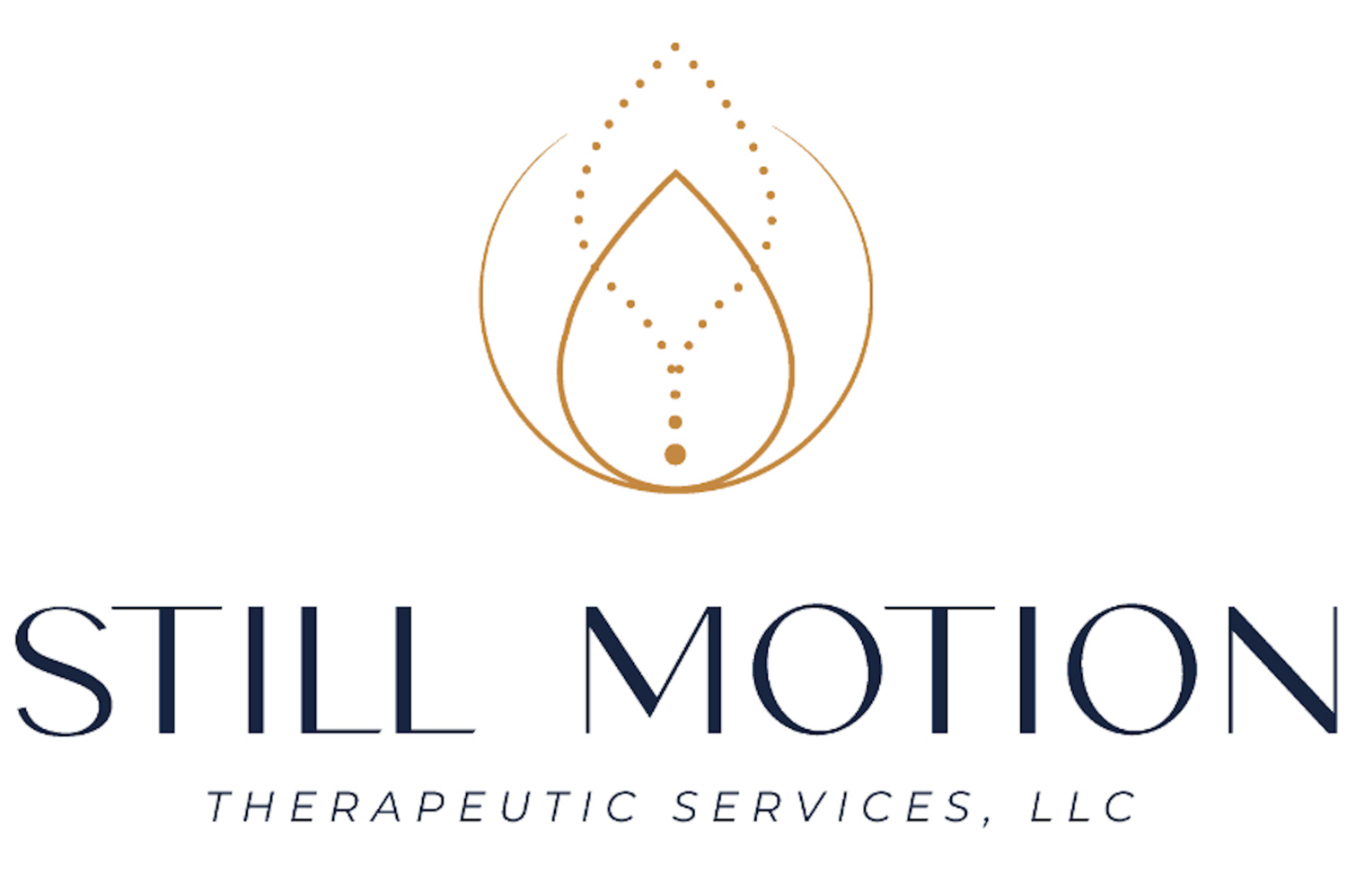Healing is Possible: The Quiet Power of Trauma Therapy
/When you've been through trauma, it can feel like the world has dimmed. You may carry invisible wounds, heavy with pain, shame, or confusion. The past might echo in your present, making safety feel distant and peace seem impossible. But here’s something vital, something true: healing is possible. And trauma therapy can be the bridge that leads you there.
You Are Not Broken — You’re Human
Trauma is not a sign of weakness. It’s a deeply human response to overwhelming events. Whether it came from a single moment or a lifetime of hurt, trauma changes the way our brains and bodies respond to the world. But just as trauma changes us, so too can healing transform us again.
Trauma therapy offers a space — often for the first time — where your story is heard without judgment. It’s a place to exhale, to unfold, and to begin making sense of experiences that once felt unbearable.
The Courage to Begin
Starting therapy is an act of bravery. It’s not about having all the answers; it’s about being willing to look inward, to care for your pain instead of running from it. That first session — awkward, unsure, emotional — is often the moment the healing truly begins.
Therapists trained in trauma understand the delicate nature of these wounds. Whether through EMDR, somatic therapy, internal family systems, or compassionate talk therapy, trauma work is rooted in safety, choice, and empowerment.
Healing Isn’t Linear — But It Is Real
Some days you’ll feel strong and light. For others, the weight might return. This doesn’t mean you're failing. Healing isn’t about perfection — it’s about movement. Progress. And little by little, things shift. Panic softens. Sleep comes easier. Triggers lose their grip. You reclaim pieces of yourself you thought were gone forever.
Trauma therapy doesn’t erase the past, but it helps you carry it differently — with more clarity, more strength, and far less pain.
A Life Beyond Survival
You were never meant to live in a state of perpetual survival. Therapy can help you move from surviving to thriving — from numbing out to feeling deeply, from self-blame to self-compassion, from isolation to connection.
And no, it doesn’t happen overnight. But every tear you cry in session, every truth you speak aloud, every breath you take in your body’s safety — it’s building a new foundation.
One where you are the architect of your life, not your trauma.
You Deserve to Heal
If no one has told you lately, you are worthy of healing. You are not too broken, too late, or too much. There is nothing wrong with you for needing help. In fact, reaching for it is one of the strongest things you can do.
So if you’re considering trauma therapy — or if you’re in it now and it feels hard — keep going. You’re doing sacred, transformative work. And even on the days you can’t see it clearly, you are changing.
Healing is possible.
You are possible.

